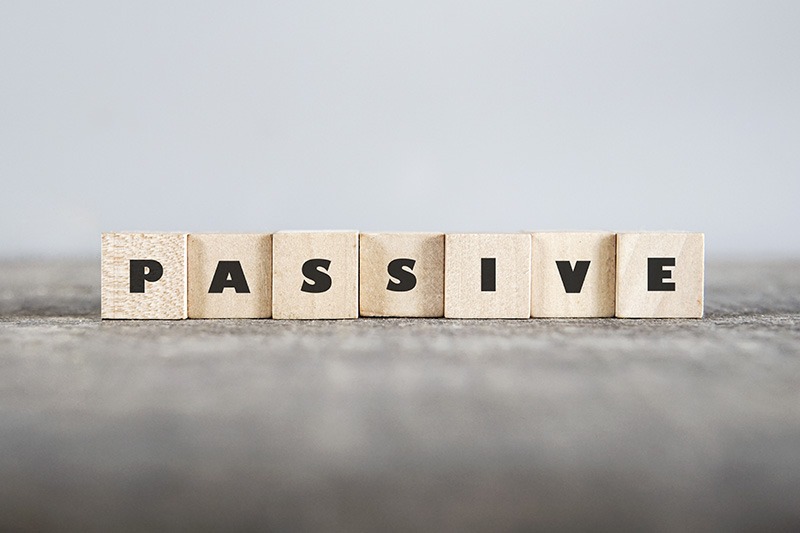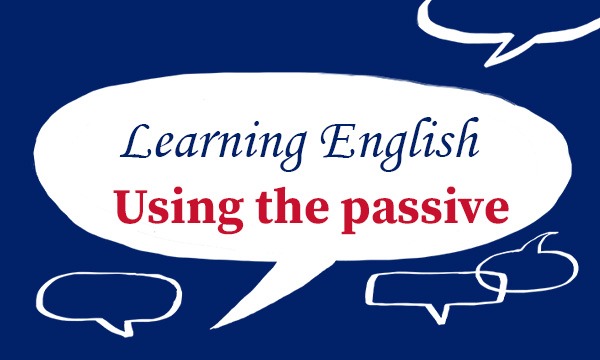
We use the passive to direct our listener’s attention to the important part of our message. The passive can be used when we do not know who carries out the action expressed by the verb, or when it is not important that we should know. It is sometimes much more important to know what has happened than who or what did it.
The money was hidden under the bed.
The book is being sent by express delivery.
Roger has been given his promotion.
The patient was operated on.
The passive allows us to select the parts of a sentence to which we want to draw attention. It can be used when we want to focus on:
- the agent, i.e. who brought the action about. We show the agent with by.
The window was broken by some boys.
My brother was given extra tuition by his teacher.
The patient was operated on by a team of top surgeons.
- the instrument, i.e. what was used to make the action happen. We show the instrument with by or with.
The sorting is done by machine.
The safe was blown open with dynamite.
The elderly woman was knocked over by a bus.
I was showered with presents on my eighteenth birthday.
- the means, i.e. what caused the action to happen. We show the means with by or with.
The window was shattered by the explosion.
He was exhausted with the strain of working extra hours.
He was taken to hospital by ambulance.
For further information on English Grammar, visit: https://grammar.collinsdictionary.com/easy-learning
Come back for other blogs on using English in everyday situations:
https://blog.collinsdictionary.com/language-learners/learning-english
All opinions expressed on this blog are those of the individual writers, and do not necessarily reflect the opinions or policies of Collins, or its parent company, HarperCollins.



